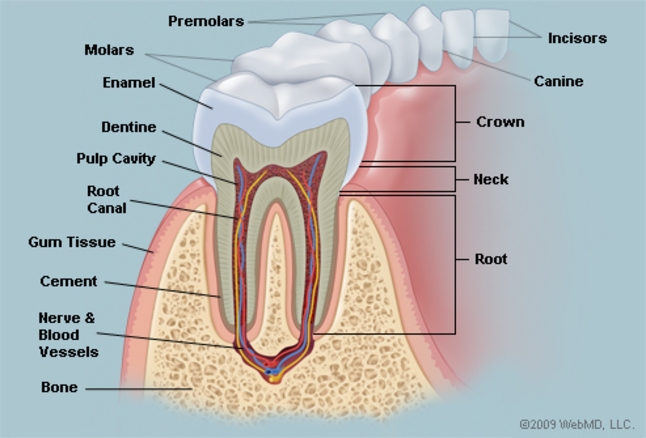Dental Implants
What are Dental Implants?
The part of the tooth located below the gum line or within the jawbone is called the root. When one suffers from tooth decay or disease, they may end up losing some of their teeth. When a dentist is installing false teeth, they may use dental implants for support.
Dental implants are metal frames or screws that act as replacement tooth roots. They are used to provide a strong foundation for mounting replacement teeth. The implants are surgically positioned into the jawbone beneath the gum line. Once installed, they are not visible, just like normal tooth roots.
How do they work?
Implants act like artificial tooth roots. They fuse into your jawbone, providing permanent support for your replacement teeth. When dentures and bridges are mounted on the implants, they do not slip or shift in your mouth. This makes the replacement teeth feel more natural than the conventional bridges and dentures.
Additionally, mounting bridges over implants would mean that no adjacent teeth would need to be prepared for support. Ordinary bridges require support on either side of the space left by the missing tooth. This support is provided by adjacent teeth. When using implants, they provide adequate support for the bridges.

The different parts of a tooth.
Source: http://www.webmd.com/oral-health/picture-of-the-teeth
What are the advantages of dental implants?
- Better comfort. Implants fuse to your jawbone and feel as natural as ordinary tooth roots. This eliminates the discomfort of removable dentures.
- Improved speech. Ordinary dentures may slip or shift in your mouth. This may cause you to slur over some words. With implants, the dentures are secure thus make it easier to speak with dentures on.
- Easier eating. Implants function like real teeth, unlike ordinary dentures that may shift around. Sliding dentures may make chewing very uncomfortable and difficult to do.
- Durability. With proper care, dental implants can last up to a lifetime.
- Convenience. Since dental implants fuse to the bone, they act like normal tooth roots. They become permanent, relieving you from using adhesives to keep dentures in place.
Can I get implants?
If you happen to have some tooth loss, you are a candidate for dental implant. However, there are a few conditions that might affect your legibility for implant installation. These conditions include:
- uncontrolled diabetes
- cancer
- radiation treatment
- smoking
- alcohol consumption
- uncontrolled gum disease
It is important for your dentist to know your medical history and present status before any important decisions are made. Your dentist will be able to analyze your condition and determine whether you may get implants.

